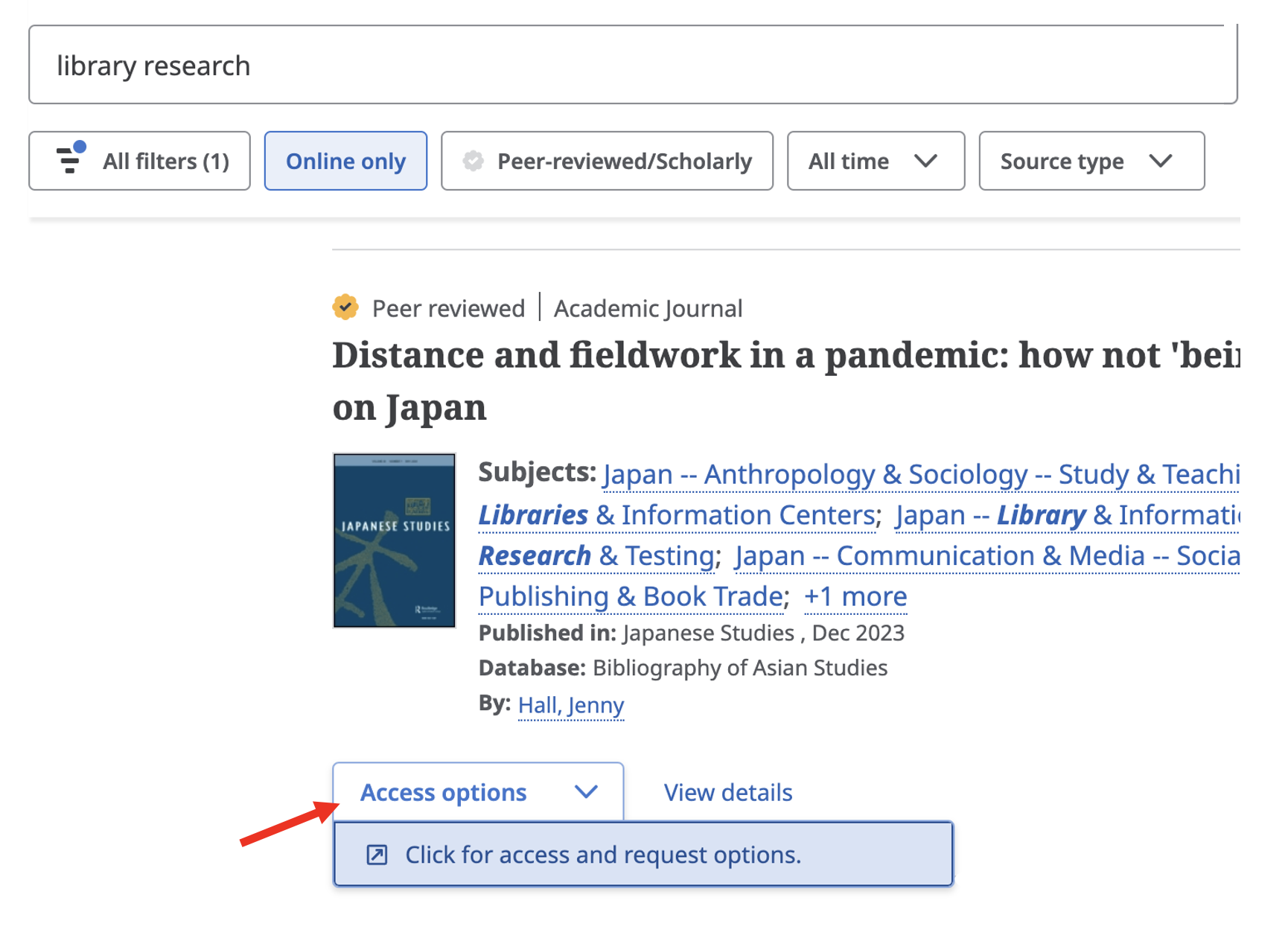When you’re in college, research projects and assignments are a big part of the journey. The first step? A thorough literature survey. This means gathering and reviewing existing research on your topic to see what’s been done and how you can build on it. But where do you find these research papers? How do you ensure they’re reliable? And how can you be sure your literature survey is comprehensive? Let’s explore the step-by-step method to search and download research papers!
1. Do a broad search on Google Scholar
Start with Google Scholar: Go to scholar.google.com to initiate your literature survey.
Search for Your Topic: Enter your research topic in the search bar (e.g., “perovskite solar cells”).
General or Specific Search: Begin with a broad topic and gradually narrow it down as you gather more information.
View Research Papers: Google Scholar displays papers containing your keyword.
Filter by Date: On the left, you can filter the results by publication date (e.g., “Anytime”).
Sort by Relevance: Papers are initially sorted by relevance, similar to how Amazon sorts search results.
Check Citations: Keep citations visible to gauge the paper’s reputation

Check out our YouTube video below to view the entire procedure with live screen recordings 🙂
2. Choosing Papers to Read
Check the Title: Begin by examining the title of the paper to determine if it’s relevant and if the work presented is novel.
Evaluate Citations: Look at the number of citations. A high citation count usually indicates that the paper is well-regarded and widely referenced, making it more reliable.
Check the Publisher: Review where the paper has been published. Reputable publishers generally ensure the paper’s credibility. For engineering, some reliable publishers include Elsevier, Springer, Wiley, IEEE, Royal Society of Chemistry, and Sage.

3. Download the chosen Research Papers for FREE!
Once you’ve identified the papers you’d like to read, the next step is downloading them. However, once you click on the links often redirects you to the journal’s homepage, and here you would have to pay for complete access.

Let’s explore how you can download these papers for free.
3.1 Accessing Papers through Premier Institutes
University Access: If you are affiliated with a premier research institute in India, you often have free access to various academic journals. Use your university’s library resources to download papers without cost.

Request Assistance: For papers not available through your institution, you can request your university’s library for help. They may be able to provide access or obtain the papers for you.

3.2 Alternative Methods
Friends with Access: Reach out to friends from institutions that provide journal access. They can help you download the papers you need.
Author Requests: Email the authors directly. They are usually willing to share their papers upon request.

Free Download Websites: Use websites that offer free access to research papers. Search for the paper title on these platforms to find downloadable versions. Consult peers in the research field for recommendations on such websites.
3.3 Using Arxiv for Free Papers
Pre-prints on Arxiv: Check arxiv.org for free pre-prints of research papers. Researchers often upload their papers here before journal publication.

Verify Credibility: To ensure credibility, search the pre-print on Google Scholar. A published paper will show the journal name and publication date. Use this to verify the paper’s reputation and download it for free.

Summary Points:
Starting Your Literature Survey: Begin by collecting a few key papers for your initial reading. As you read, identify standout papers and explore their references for more relevant content.
Finding Relevant Content: Check the paper’s references for prior research and visit the journal’s website to find papers that have cited your paper for recent developments.
Using Citations: Citations are a valuable tool for discovering both historical and cutting-edge research in your field.
By using these techniques, you can conduct a comprehensive literature survey and build a strong foundation in existing research before advancing with your own project. Thanks for reading, and best of luck with your career! 😊 To learn how to write research papers, you can sign up for our course – A-Z of Research Paper Writing & Presentation




